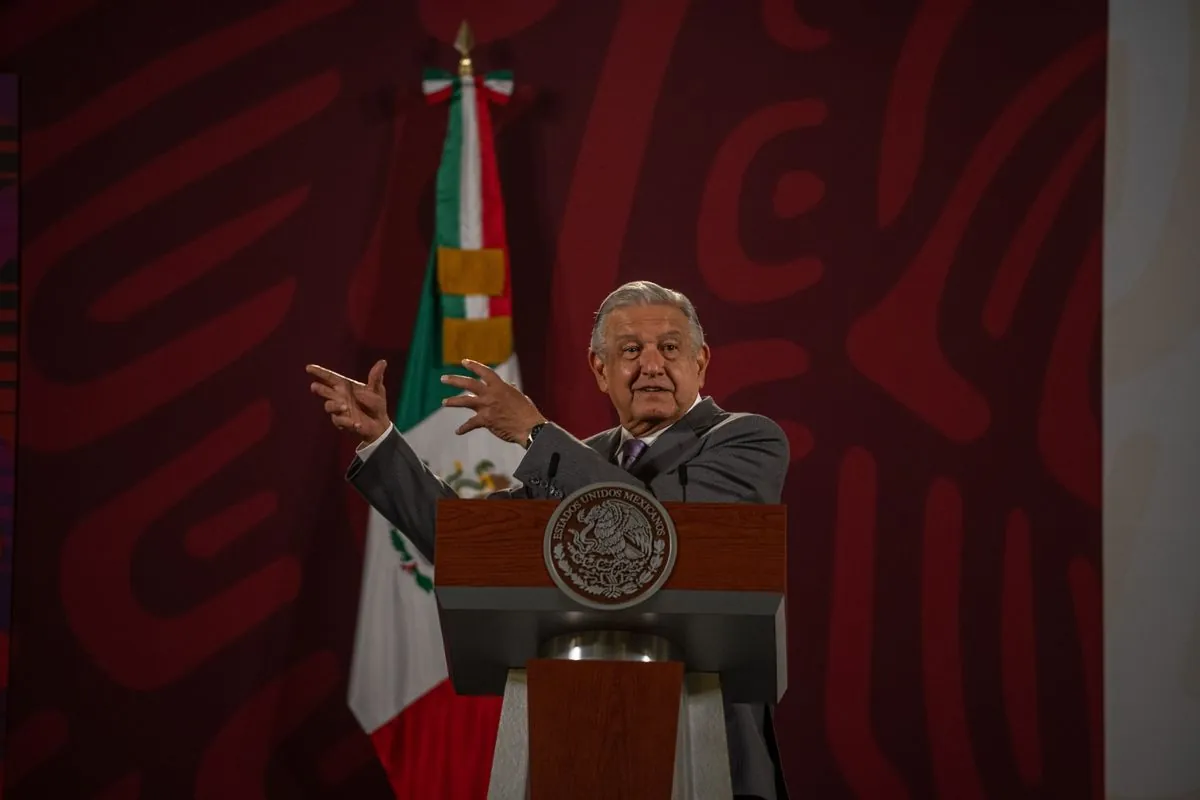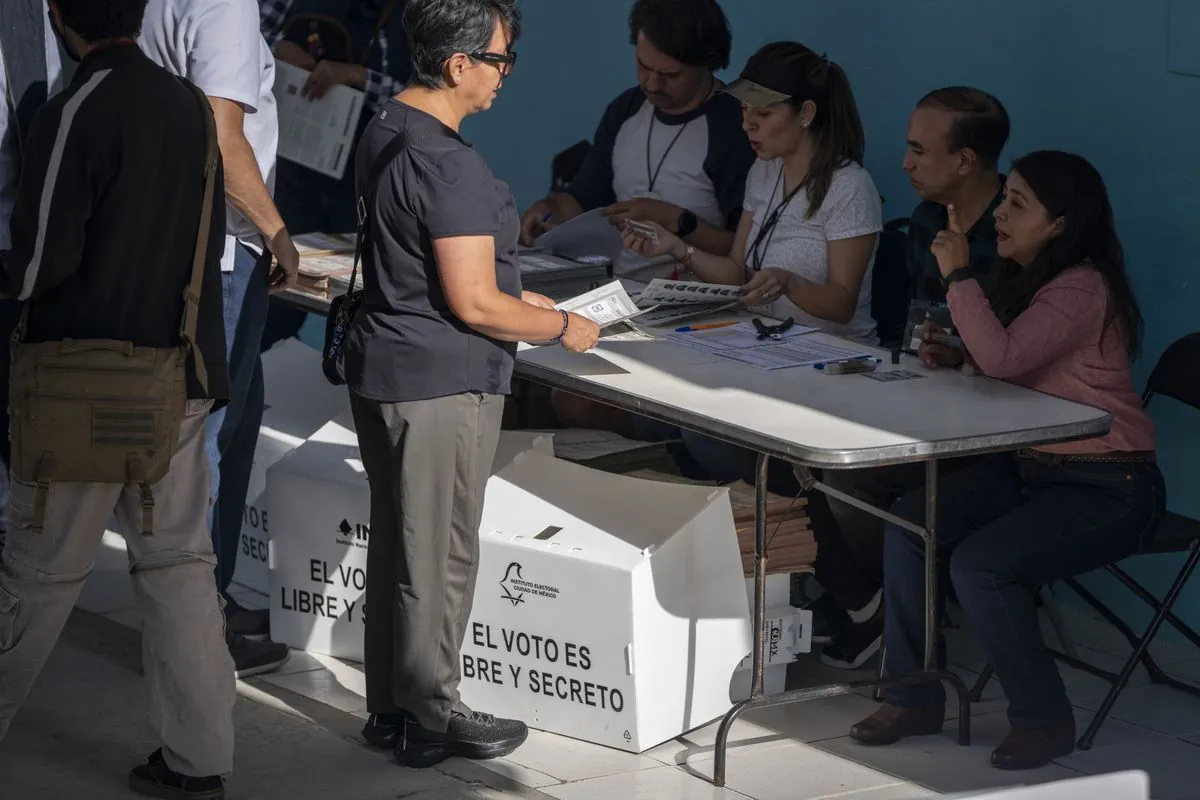Mexico's Democracy at Crossroads: López Obrador's Last-Minute Reforms
President López Obrador pushes for major constitutional changes in his final weeks, sparking concerns about Mexico's democratic future and economic stability. Proposed reforms face international criticism and market uncertainty.

As Andrés Manuel López Obrador's presidency nears its conclusion, Mexico finds itself at a critical juncture. With only weeks remaining in his term, the leader is advocating for substantial constitutional amendments that have raised alarms both domestically and internationally.
The proposed changes encompass three main areas: a complete overhaul of the judicial system, the elimination of several independent government agencies, and the formalization of military control over law enforcement. These reforms have sparked debates about the future of Mexico's democratic institutions and its economic landscape.
"Don't we Mexicans deserve a judicial system of integrity, with justices, magistrates and ministers who are incorruptible, who are at the service of the people and not a handful of individuals?"
The judicial reform proposal suggests a radical shift in the selection process for judges. Currently, federal magistrates are chosen through professional examinations administered by a judicial council. The new system would introduce popular elections for judges, including Supreme Court justices, from lists of candidates provided by various branches of government.
This change would require the resignation of approximately 1,600 federal judges, whose positions would be filled through elections in 2025 and 2027. Critics argue that this could lead to a politicization of the judiciary, with judges potentially prioritizing voter appeal over legal standards.

The proposed reforms extend beyond the judiciary. López Obrador is also seeking to dismantle several autonomous agencies, including the freedom of information institute, which has been regarded as one of the world's most effective. These agencies, established during Mexico's transition from one-party rule to democracy in the early 21st century, were designed to serve as checks on government power.
Additionally, the president aims to shift control of the National Guard, created in 2019 as a civilian institution, to the military. This move has been viewed as part of a broader trend towards the militarization of law enforcement in Mexico.
These sweeping changes have not gone unnoticed by the international community. Ken Salazar, the U.S. ambassador to Mexico, has expressed concern that the judicial proposal poses "a major risk to the functioning of Mexico's democracy." Similarly, Canada's ambassador has voiced apprehension about the potential impact on investor confidence.
The economic implications of these reforms are already becoming apparent. The Mexican peso has experienced a decline of over 10% since June, and financial institutions such as Morgan Stanley have downgraded their investment recommendations for the country.
As Mexico prepares for a leadership transition, with Claudia Sheinbaum set to assume the presidency, questions linger about the future direction of the country. While Sheinbaum has expressed support for López Obrador's policies, she has also signaled a potentially more conciliatory approach to governance.
The proposed changes have highlighted the ongoing challenges within Mexico's justice system. With only 4% of judicial investigations resulting in a sentence or resolution, there is widespread agreement on the need for reform. However, critics argue that the current proposals may not effectively address the system's core issues.
As Mexico stands at this crossroads, the coming weeks will be crucial in determining the trajectory of its democratic institutions and economic future. The international community watches closely as the nation grapples with these significant potential changes to its constitutional framework.


































